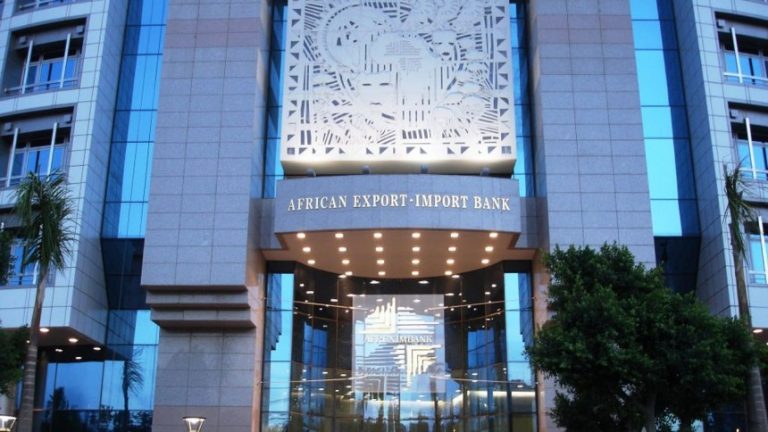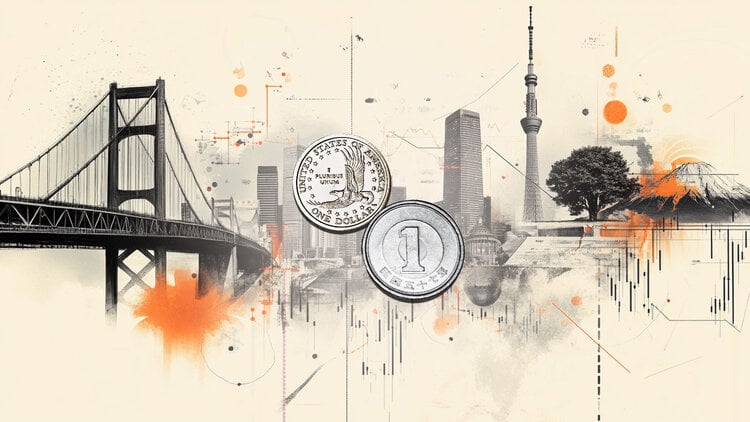Afreximbank to Launch Special Financing for Mineral Processing Projects as George Elombi Targets End to Raw Exports


The African Export-Import Bank (Afreximbank) is setting a bold new direction under its new president, George Elombi, who has announced the creation of a special financing window dedicated to processing Africa’s raw minerals into semi-finished and finished products.
The initiative, revealed during his swearing-in ceremony in Cairo on Saturday, marks one of the most ambitious industrialization drives in the bank’s history and a significant step toward reshaping Africa’s place in the global economic value chain.
Elombi declared that his administration would no longer tolerate the unprocessed export of Africa’s mineral wealth — a practice that has historically deprived the continent of industrial growth, skilled jobs, and economic resilience.
Register for Tekedia Mini-MBA edition 19 (Feb 9 – May 2, 2026): big discounts for early bird.
Tekedia AI in Business Masterclass opens registrations.
Join Tekedia Capital Syndicate and co-invest in great global startups.
Register for Tekedia AI Lab: From Technical Design to Deployment (begins Nov 15th).
“No more Nigerian bauxite, or Gabonese manganese, or Cameroonian bauxite, or South African bauxite, raw. We are not interested,” he said. “We will focus on domestic processing. This has numerous benefits.”
He explained that the bank’s new strategic direction would center on building value chains that retain a greater share of Africa’s mineral wealth at home, stimulating local industries, and promoting technological advancement.
“Afreximbank will therefore create a new high-impact financing window, specifically for projects that process raw minerals into semi-finished goods or finished goods,” Elombi said.

Elombi also announced plans to launch a Strategic Minerals Development Programme, which will provide financing for the entire value chain — from extraction and refining to manufacturing. The programme, he explained, will prioritize cross-border projects that connect mining hubs with regional industrial zones.
He noted that historically, less than 20 percent of total investment in Africa’s mineral sector goes into actual mining operations, while more than 80 percent is channeled into supportive infrastructure like railways, ports, and power stations. The new Afreximbank initiative, he said, would focus on harmonizing these investments to deliver stronger industrial outcomes.
“Afreximbank will accelerate investments in critical trade-enabling infrastructure projects that directly connect African markets to one another,” Elombi added.

He indicated that the bank will also invest in modernizing seaports, highways, railways, pipelines, and logistics hubs, with priority given to infrastructure linking industrial and production centers with regional and global markets.
A Broader Economic Vision
Elombi’s remarks come on the back of a growing consensus among African policymakers and economists that the continent must break its long-standing dependence on raw commodity exports. For decades, Africa’s mineral wealth — including cobalt, lithium, copper, and bauxite — has been extracted and exported for processing abroad, leaving the continent with limited industrial output and minimal value capture.
According to the Office of the U.S. Trade Representative, Africa’s contribution to global manufacturing remains under 2%, while its share of global trade stands below 3%, despite being one of the most resource-rich regions on earth.
The Afreximbank president’s declaration aligns with repeated calls from some of Africa’s leading economic voices — including WTO Director-General Ngozi Okonjo-Iweala and former African Development Bank (AfDB) President Dr. Akinwumi Adesina — for the continent to transition from exporting raw materials to refining and processing them locally.
Okonjo-Iweala has consistently argued that Africa must move beyond the traditional commodity-based model if it is to achieve sustainable growth. She has said that without value addition, African economies will remain vulnerable to global commodity price shocks and external dependence.
“We need to develop our processing industries to create jobs, boost intra-continental trade, and ensure we stop exporting raw materials without value addition,” she stated early this year.
Similarly, Adesina has warned that continued export of raw materials is “the door to poverty,” while value-added exports are “the highway to wealth.” Speaking in April, he said: “Africa must end the exports of its raw materials. The export of raw materials is the door to poverty. The export of value-added products is the highway to wealth. And Africa is tired of being poor.”
Economists say both leaders’ positions reflect the urgent need for Africa to capture more of the value from its resources — particularly as global demand for critical minerals surges due to the clean energy transition. With countries worldwide competing for cobalt, lithium, nickel, and rare earth elements to power electric vehicles and renewable energy systems, Africa’s ability to process these minerals locally could redefine its role in the global economy.
Afreximbank’s proposed financing window is expected to support industrial plants, refineries, and midstream processing facilities that can transform raw materials into higher-value exports. The bank also intends to leverage public-private partnerships to mobilize funds for regional infrastructure, which Elombi said remains one of the continent’s biggest bottlenecks to intra-African trade.
By directly linking resource-rich regions with industrial zones, the initiative could also help expand the African Continental Free Trade Area (AfCFTA), which aims to create a unified African market of 1.4 billion people. Economists believe that boosting intra-African trade through industrial integration could help the continent capture greater value from its resources and reduce dependence on foreign markets.
Shifting the Continental Economic Paradigm
Experts view Elombi’s industrialization agenda as a continuation of Afreximbank’s recent efforts to transform Africa’s trade ecosystem. The bank has been a key player in supporting the AfCFTA’s Pan-African Payment and Settlement System (PAPSS), designed to simplify cross-border transactions and reduce reliance on the U.S. dollar in African trade.
If successfully implemented, Afreximbank’s new mineral processing fund could serve as a catalyst for a broader industrial renaissance, creating jobs, stimulating technological transfer, and positioning African nations as competitive players in the global supply chain.
However, analysts caution that the success of this vision will depend on strong policy coordination, political stability, and technological investment.





